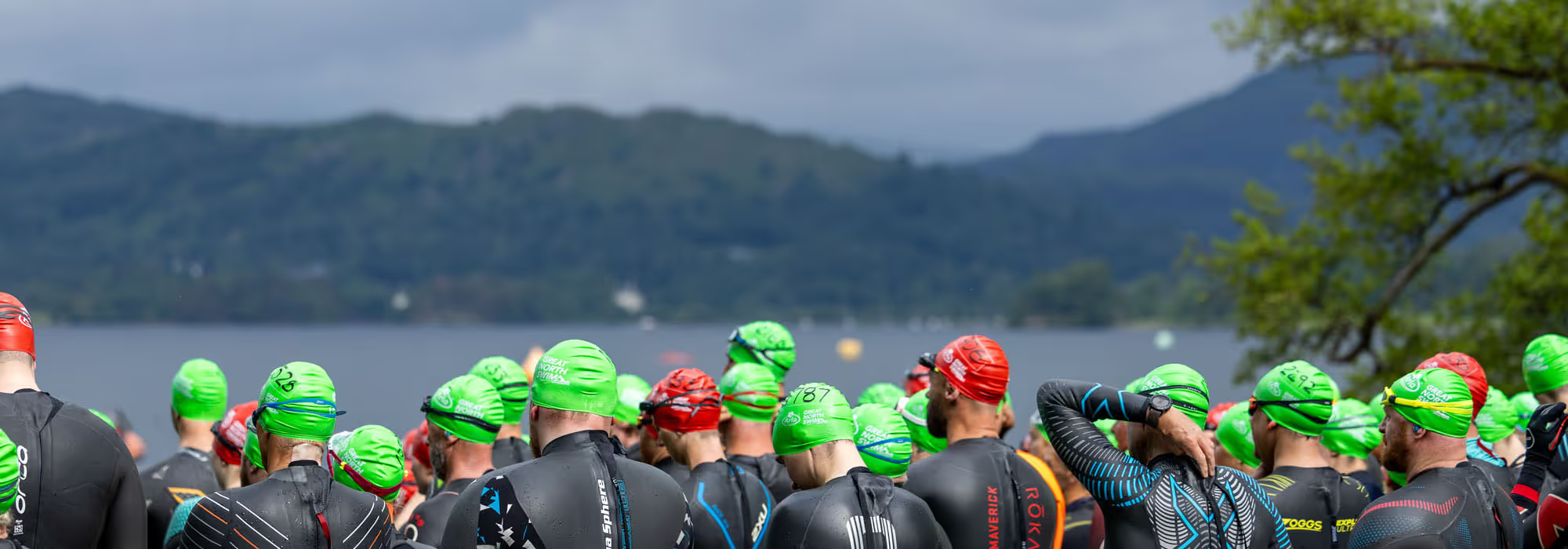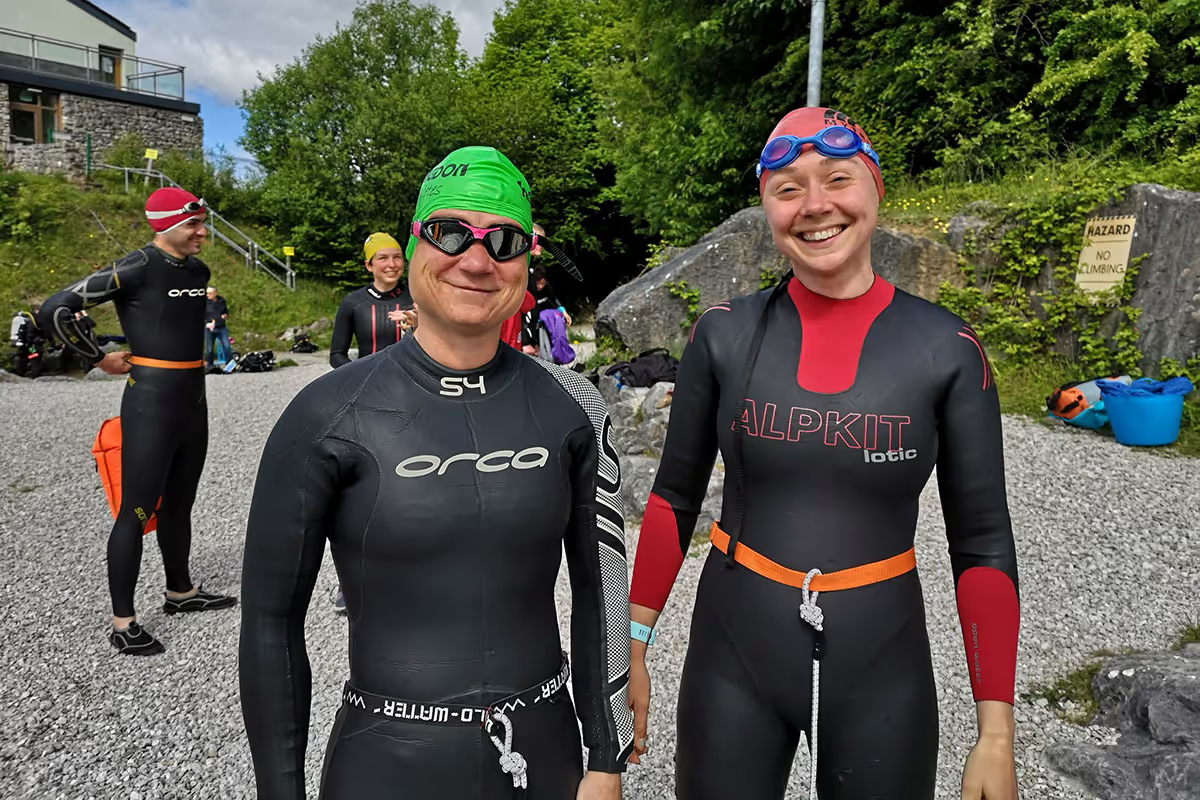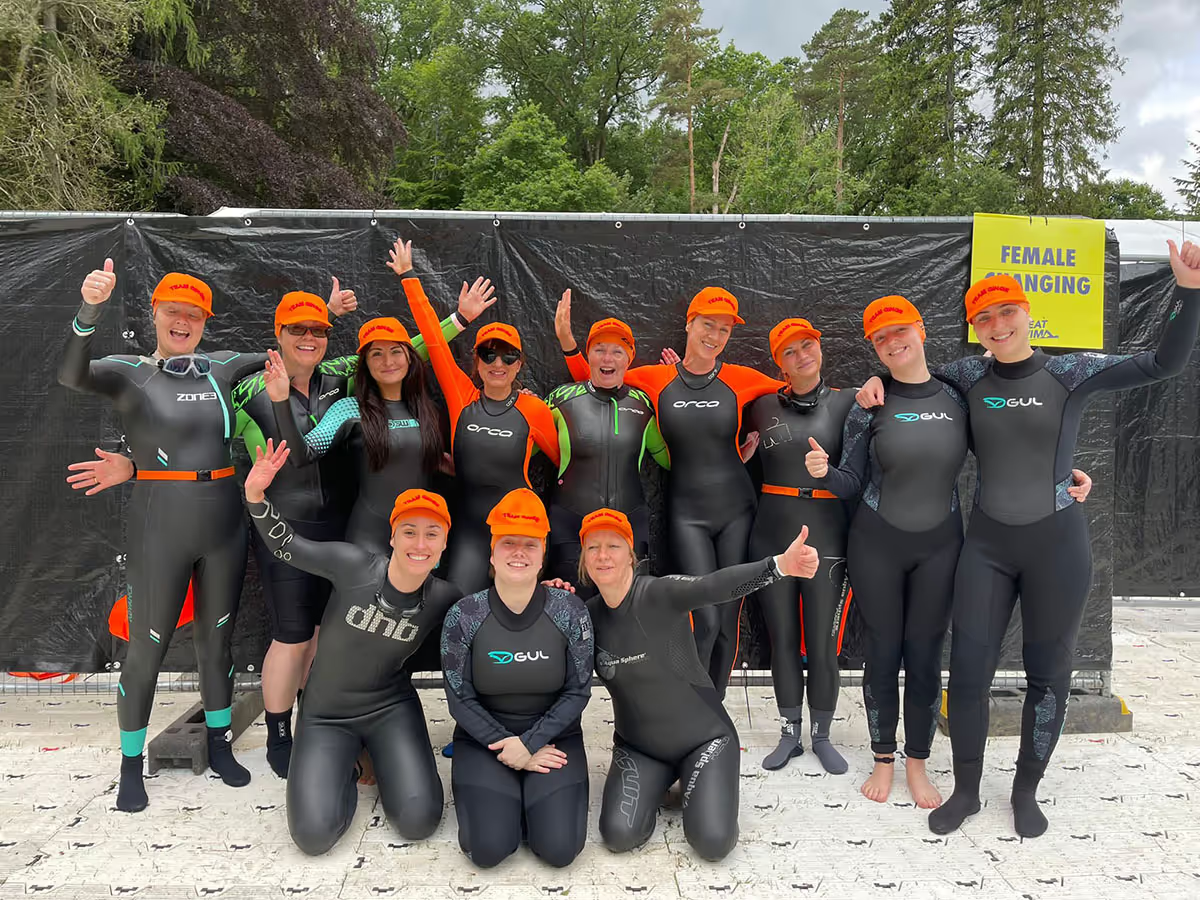Event News
Thousands Enjoy Open Water Swimming Adventure
The eighteenth edition of the iconic Arla Great North Swim drew 7,500 swimmers and 20,000 spectators.
Read More
Every Body Swim: Diana Maynard
Diana Maynard, a spirited 53-year-old from Sheffield, has decided to embrace her continuous journey of resilience and courage by participating in the Arla Great North Swim.
Read More
Every Body Swim: Rick Clements
Meet Rick Clements, 45, from Fleetwood in Lancashire, who will take on the course with passion, determination, and with a story that inspires at every turn of the tide.
Read More
Every Body Swim: Woody Long
Woody Long, 36, from Aylesbury in Buckinghamshire, is diving into the Arla Great North Swim for the very first time - but with a mission that runs far deeper than the water.
Read More
Every Body Swim: Team Ginge
‘Team Ginge’, a group of 12 devoted family members and friends living all over the country will take to Lake Windermere for the fourth year, swimming in memory of a remarkable man: Richard.
Read More
Great Run Company to Deliver Windermere Marathon
First staging of the event under the Great Run portfolio will take place on Sunday 15 June 2025.
Read More







